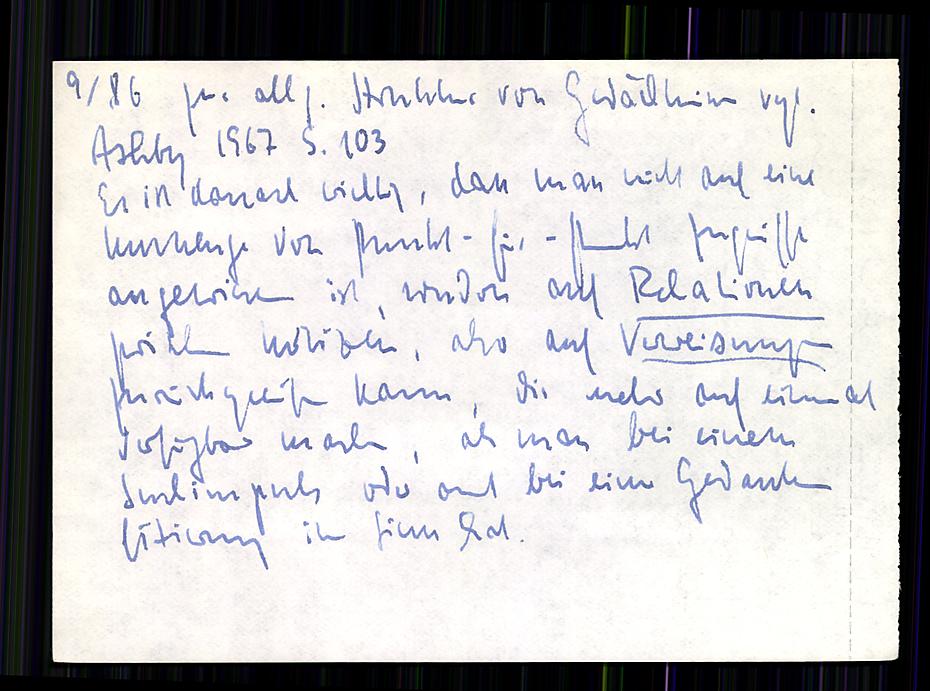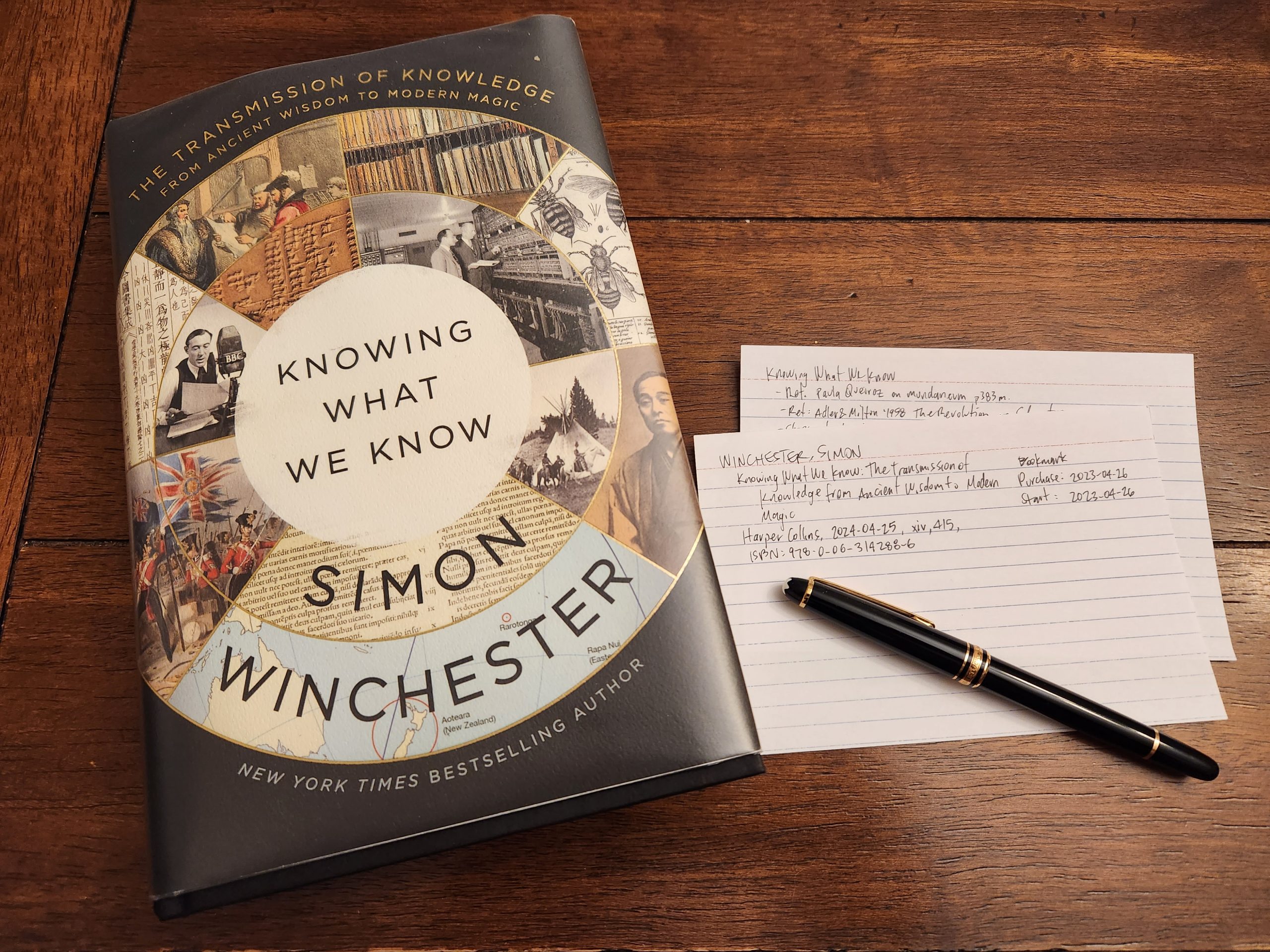imitations and constraints, leaving you happily unoptimized and free to roam, to wonder, to wander toward whatever makes you feel alive here and now in each moment.
Some may categorize handbooks on note taking within the productivity space as "self-help" or "self-improvement", but still view it as something that happens outside of ones' self. Doesn't improving one's environment as a means of improving things for oneself count as self-improvement?
Marie Kondo's minimalism techniques are all external to the body, but are wholly geared towards creating internal happiness.
Because your external circumstances are important to your internal mental state, external environment and decoration can be considered self-improvement.
Could note taking be considered exbodied cognition? Vannevar Bush framed the Memex as a means of showing associative trails. (Let's be honest, As We May Think used the word trail far too much.)
How does this relate to orality vs. literacy?
Orality requires the immediate mental work for storage while literacy removes some of the work by making the effort external and potentially giving it additional longevity.

